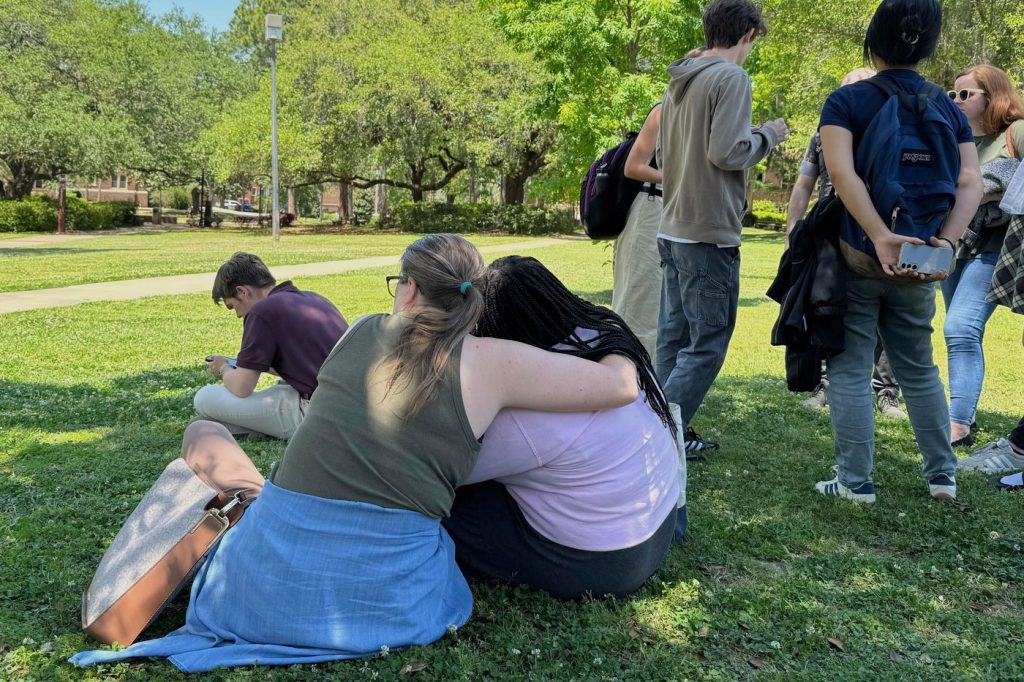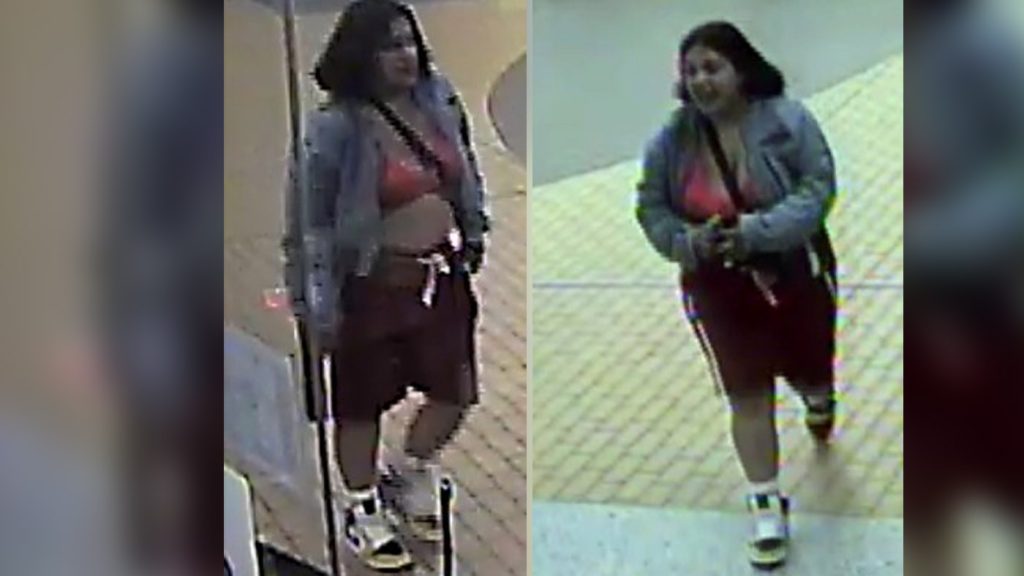Basement Botox, fillers, and more: Experts call for more enforcement of underground cosmetic clinics

Posted January 26, 2024 12:07 pm.
On the second floor of a Woodbridge strip plaza that’s tucked away just south of Highway 7, you’ll find a growing of list of men and women entering an unassuming clinic.
Inside, the spa-like atmosphere is welcoming. The walls are full of paintings and images displaying beauty in many forms, from flowers to people.
The Woodbridge Cosmetic Clinic caters to all sorts of clients. Some come to correct scars from past surgeries, others to fix what mother nature gave them.
“We do cosmetic injectables,” explained owner Luisa Baldassarre. “We are also plastic surgery consultants and work with real surgeons.”
Baldassarre has been in the cosmetic industry for more than two decades. She obeys all the laws set out by the government of Canada and has the proper licenses to legally offer her services.
“When you go to a licensed legal clinic like ours, we go through all of the risks and complications and explain everything to you.”
But a growing number of other clinics in Canada don’t work this way.
“The number of underground clinics operating right now is very concerning,” Baldassarre said. “They could be out of homes or basements where you go in as a patient thinking you’re safe and you’re not.”
Baldassarre said the outcomes are devastating. Over the past three years, her clinic has been bombarded by people desperate to fix cosmetic procedures gone horribly wrong.
“We’re seeing patients who are deformed—some are ill, this is a major problem.”
Renowned Canadian plastic surgeon Dr. Sean Rice, who works with Baldassarre, often sees these clients to try and fix the mistakes.
“I’ve had people come to me that have had full blown surgeries done in the basement of somebody’s house,” he said. “They are frantic because it’s now causing them major problems and deformities.”
Lack of enforcement allows clinics to go unchecked, critics say
Both Rice and Baldassarre say there’s often little recourse for clinics that operate illegally.
“These underground clinics are just no longer afraid of the authorities. They’re no longer afraid of Health Canada,” Rice said.
Badassarre has been sounding the alarm bell for several months, calling on Health Canada and local law enforcement to step up enforcement.
“These clinics are injecting illegal product into people. They’re hurting people.”
Even, in some cases, killing them. In 2017, Instagram influencer Chanel Steben went to an underground clinic, run by a nurse in Vaughan to receive an illegal butt injection.
She passed away hours later after silicone was found migrating to her lungs and brain. That nurse, Anna Yakubovsky-Rositsan, was later convicted in not only Steben’s death, but also injecting several other women with the same substances causing them bodily harm.
In a new documentary called “Make Me Look Pretty,” airing on Citytv, filmmakers take a look at the case and follow the journeys of victims still dealing with health impacts, years after visiting Yakubovsky-Rositsan for treatment. It also dives into the dangers of underground clinics.
“That glaring case where that young woman died was several years ago and it’s still happening,” Baldassarre said. “There are even more clinics operating illegally now. You can easily find them advertising on social media—they don’t care because they’re getting away with it.”
Cheaper prices driving customers underground
Going to a clinic like Baldassarre’s isn’t cheap but paying a little more she argues pays for proper pre- and post-care, follow-up appointments and measures to ensure a safe outcome.
“If something goes wrong, we’re on it and I have a staff of surgeons ready to fix it,” she said. “I’ve heard horrible stories of women going underground and when something goes wrong, they never hear from the so-called professional again. They’re left on their own, it’s terrifying.”
Rice has done numerous consultations with people seeking treatment who scoff at the prices he charges.
“I just saw a girl and we gave her a certain value and she said, ‘I can get this done cheaper.’ When I explained to her that the product was not Health Canada-approved, her answer was, ‘I don’t care, it’s cheaper.”
How much cheaper depends on the clinic but you can find several social media advertisements offering discounts of up to 50 per cent of what a legal clinic would offer.
“I know you’ve heard it before, cheaper is not always better,” explained Baldassarre. “But do you really want to save money when it comes to someone injecting you with illegal products?”
Many of these clinics charge less because they’re ordering substances found on the dark web with little knowledge of what’s actual in them.
“You can literally go online and get these products shipped to your door. It’s that easy to get filler and Botox,” Baldassarre said. “I think if the government could figure out a way where it wasn’t so accessible, then we’d be able to regulate what’s going on. But it’s too easy now to access illegal product.”
Rice said legitimate clinics only order and use products that carry the Health Canada stamp of approval.
“Products that have undergone study and testing to ensure they are safe. When you order a substance from overseas there’s no telling what’s in that product, if it’s cheap, there’s a reason for that.”
Baldassarre working to call out illegal clinics
After seeing so many cases of illegal cosmetic injections first hand, Baldassarre couldn’t sit quiet.
“I can’t not do anything, I try to educate these men and women when they come in to correct issue from illegal clinics but we have to do more.”
She also calls on Health Canada and law enforcement to report clinics that are operating illegally.
“We need to bring some awareness. We have to get Health Canada involved and the College of Nurses, the College of Physicians and Surgeons and hope that they can all come together to monitor places like this, to shut them down.” She said.
“That’s all we can do, right? We can’t change everything, but we’re sure as heck going to try.”
Health Canada responds
In a statement, Health Canada said they do have “the authority under the Food and Drugs Act to enter any place where we believe on reasonable grounds that a health product is being manufactured, prepared, preserved, packaged, or stored.”
A spokesperson says Health Canada will get involved once they’re notified of illegal products being used and welcome tips that can lead to an investigation.
“When the department identifies or is notified of potential non-compliance related to health products, it takes steps to verify that non-compliance has occurred. Health Canada will take appropriate compliance and enforcement action, based on the level of risk to the health of Canadians.”
The spokesperson recommends anyone with information about a clinic using non-approved products to contact them via their online complaint form.
Baldassarre told CityNews she’s been in talks with both Health Canada and The College of Physicians and Surgeons and is encouraged by their response thus far.
“We’re not going to shut all illegal clinics down, I get that.” She said “But I’d like to see more done to stop them, hopefully we can get there before more people are hurt.”
“Make Me Look Pretty” will air on Sunday January 28 at 10 p.m. E.T. on Citytv.








